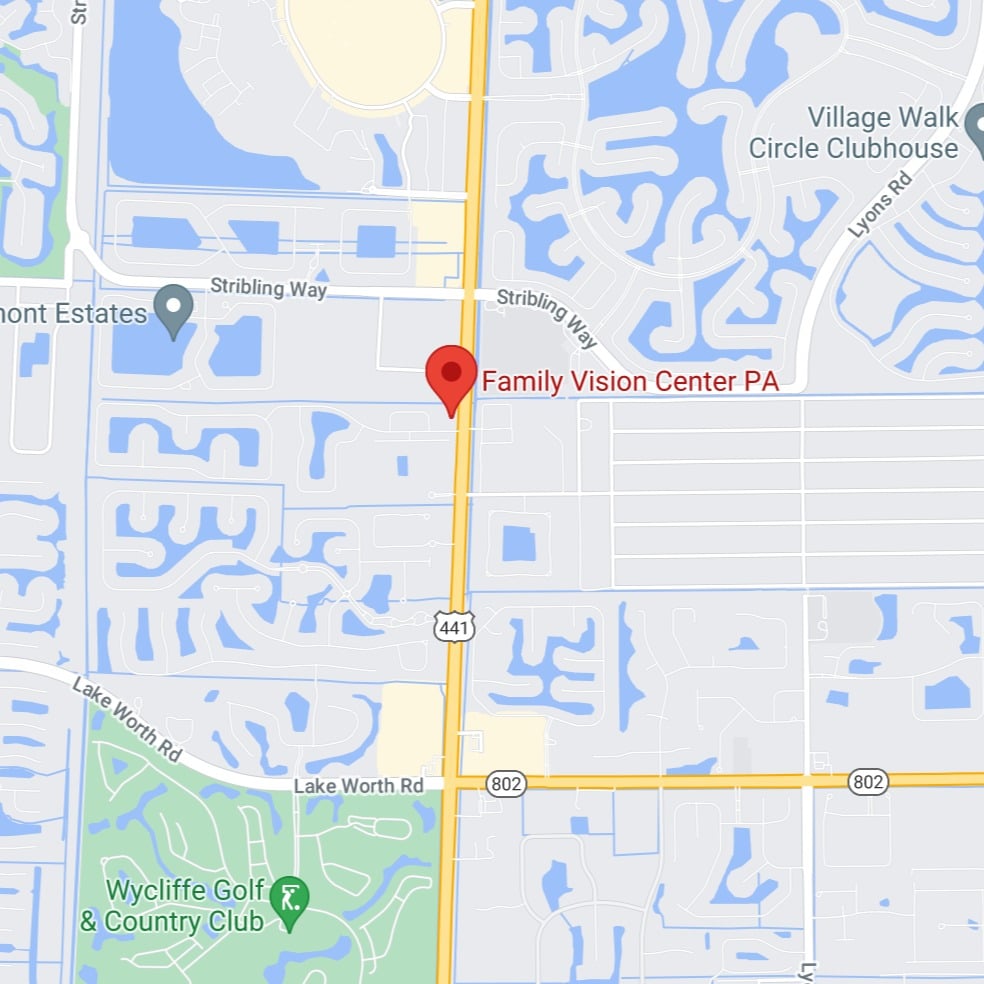How to Reduce Dry Eye Symptoms in the Winter
Dry eye symptoms can often worsen during the winter months due to factors like low humidity, exposure to cold winds, and indoor heating. Therefore, many patients reach out for dry eye treatment in Wellington, FL, in the cooler months of the year. Here are some tips to help reduce dry eye symptoms in the winter.
1. Use a Humidifier
If you are using your heat to stay warm when Wellington temperatures dip below a comfortable level, it may also be a good idea to run a humidifier if you have dry eyes. Heat systems lower the humidity in the air, which can also mean tears evaporate quickly. Therefore, you may have more dry eye symptoms.
2. Reduce Indoor Irritants
If your winter months involve more time indoors, consider doing a quick indoor air quality evaluation. Poor air quality can do a number on dry eyes. What kind of pollutants or irritants could be contributing to your dry eye issues inside your home? A few common indoor irritants include:
Tobacco smoke
Pet dander
Dust mites
Cleaning chemicals
Home air fragrances
3. Stay Hydrated
Good hydration is key to tear production. In the winter, when the weather is a bit cooler and you’re not sweating, you may not reach for water as often as usual. Unfortunately, not taking in enough H2O can worsen dry eye symptoms.
4. Wear Sunglasses
If you have to be outdoors during the winter when the temperatures are lower than usual, be sure to wear your sunglasses. Cool wind can dry your eyes out faster than the typical warm, moist air of summer. However, sunglasses may help.
Discuss Dry Eye with a Wellington, FL Eye Doctor
Need additional support for dry eyes from a Wellington, FL eye doctor? Reach out to the team at Family Vision Center to schedule an appointment.





Leave a Reply
Want to join the discussion?Feel free to contribute!